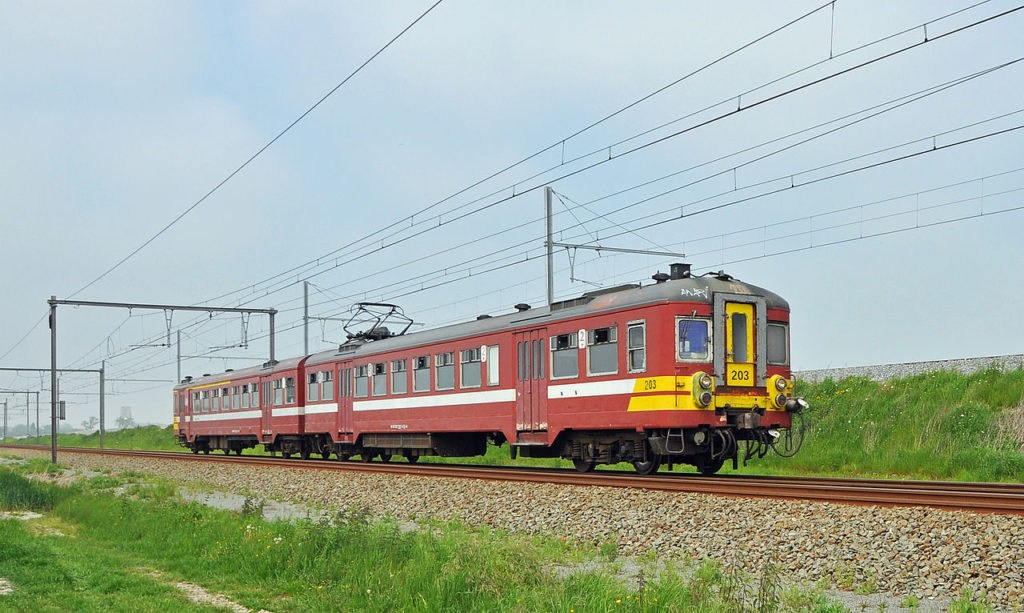Federal mobility minister Georges Gilkinet (Ecolo) has set a target of one train every 30 minutes in every station, and an even higher frequency in urban areas.
The half-hour standard would apply at every station in the country, no matter how remote. The plan in intended to take cars off the road by offering commuters a better rail service, Gilkinet said.
The minimum required would be one train every half hour in rural and suburban areas, and an increased frequency of one every ten minutes in urban stations.
“This is necessary if we want to achieve our climate ambitions,” the minister said in an interview with De Standaard.
“We have to reduce our CO2 emissions by 55% by 2030. The train is a crucial pivot and only an ambitious supply will convince people to exchange the car for the train. Punctuality must also be improved.”
One of the problems facing this and any other ambitious plan to improve rail services is the bottleneck between Brussels North and South stations, where so many train have to pass, and where capacity is already stretched to the limit. The rail infrastructure company Infrabel is in favour of constructing a new tunnel, but Gilkinet is not convinced.
“That would take a lot of time and money,” he said. “But does every train have to pass through Brussels? Perhaps the solution lies in shorter connections, as countries such as Germany or Switzerland show us.”
Another possibility would be to spread trains and personnel more evenly throughout the day, to allow commuters more flexibility in their working hours. That could be coupled with a fares system of peak and off-peak prices to encourage passengers to adapt their travelling times.
That has been an argument pushed by the rail authority SNCB for some time already.
Finally, Gilkinet gave a pledge that fares would not go up on his watch.
“The best way to increase own resources is to attract more people to the train, not to increase fares,” he said. “Rather, the aim is to make tickets cheaper during off-peak times, when the trains are empty.”
Alan Hope
The Brussels Times

